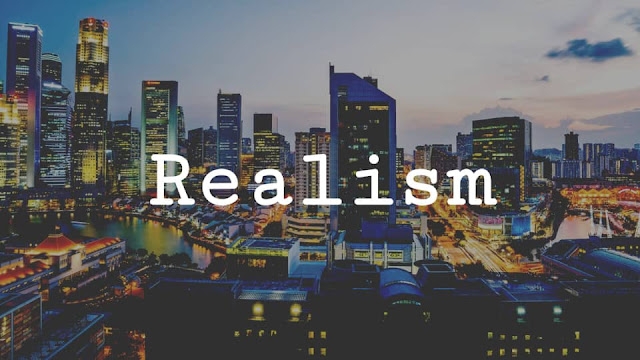Highway "creates" demand for car usage? No.

There is a common saying in the public transport policy debate that, "Supplying more highways simply creates more demand for their use." No. This is wrong. This is lazy thinking resulted from simplistic comparison between increase in highway and increase in cars. The real factors that create demand for private cars in a city with good public transport system are two: increasing population and increasing capital flow. When (A) people who can afford private cars move into the city, and (B) people in the city becoming more able to afford private car, there is increase in private car usage and increase traffic jam, despite the availability of good public transport. Unless the city restricts population growth and capital flow, there will always be increase demand for highway even when there is good public transport in place. Take Hong Kong as example. The city has one of the best public transport system in the world. About 90% of the city's populat


